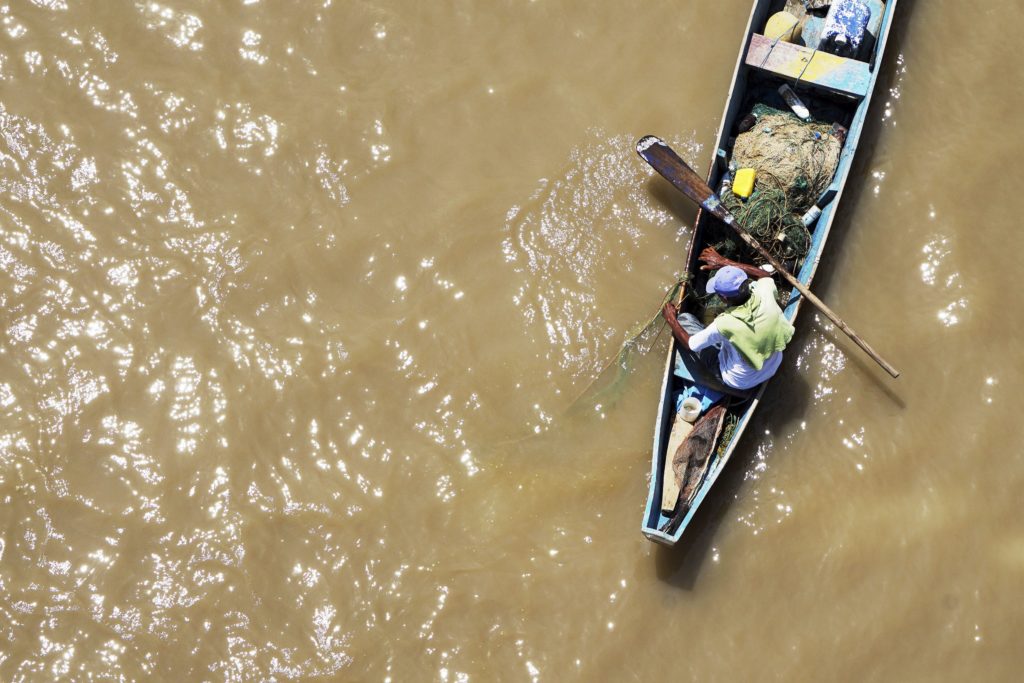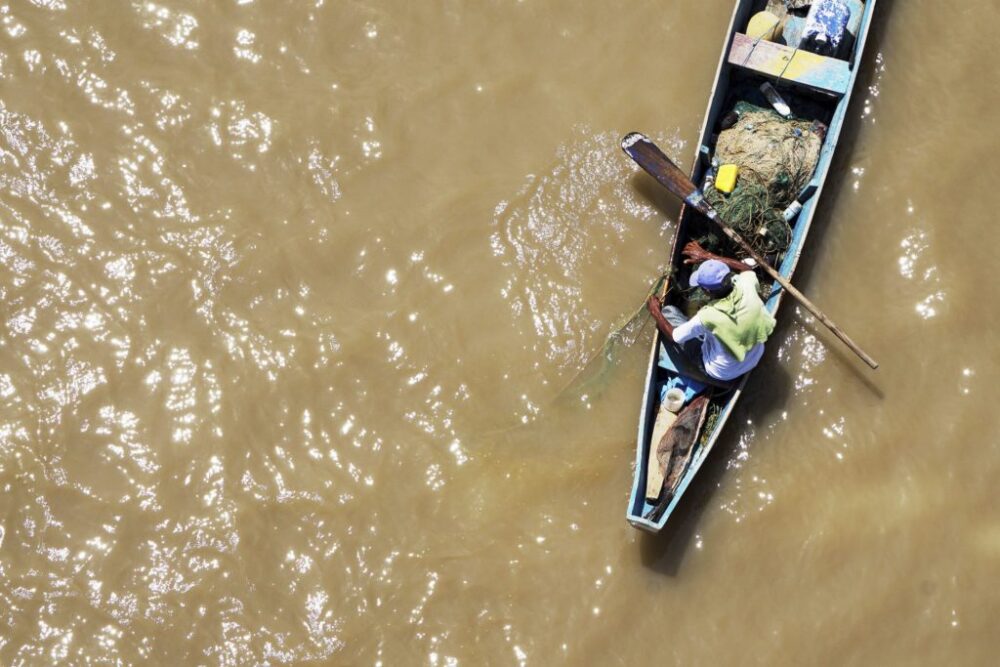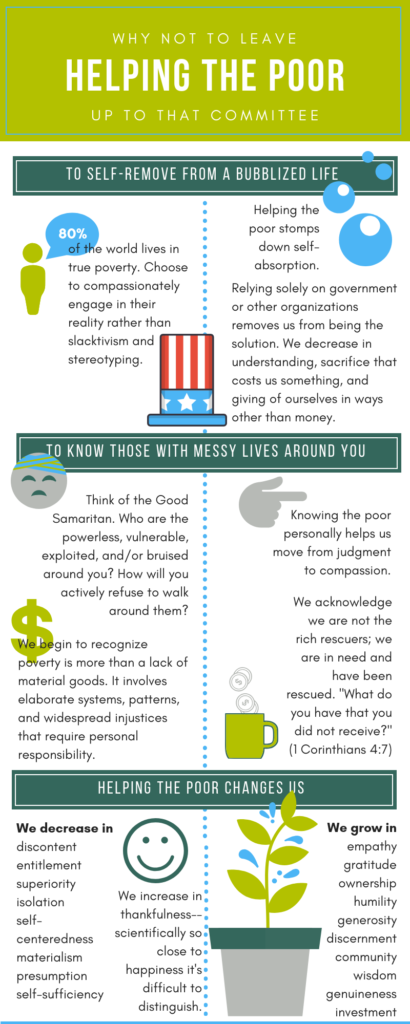 Hypothetical question. Let’s say someone asked you to help an impoverished family this holiday season. Who would you help first?
Hypothetical question. Let’s say someone asked you to help an impoverished family this holiday season. Who would you help first?
Maybe this feels a little tricky.
Maybe like me, your house isn’t really all that close to people who need help.
Or maybe your church doesn’t have that many people you know who are in need–and they can go right to the organization that helps. Or maybe your school is the one who donates the school supplies or the clothes or the free lunches.
Funny thing, that.
When our family was living in Africa (is that a weird/telling lead sentence?), it was pretty hard to not know poor people. They weren’t corralled into certain neighborhoods, or helped by the government or a church committee. And what shocked me?
How much it changed me. (Check out this list of Africa’s gifts to me and my family–that stay with us no matter our zipcode.)
Where Did the Poor Go?
I remember reading the portion of Little Women to my kids where Marmee recruits her girls to go and help the neighbors–even though the March family doesn’t have much to begin with. (Did you know Louisa May Alcott’s sister died from a case of scarlet fever contracted while helping an impoverished family?)
It’s not that way anymore, is it? If you want to get your hands dirty and really help, you have to actually go find the poverty. (And as Jim Elliot is famed to have said, it’s hard to steer a parked car. That is, if you’re not already moving to find what God wants you to do, it may be hard to get you jump-started.)
Now, how you feel about welfare is something I hardly want to bring up in our current political climate. But if I may: Is it possible welfare programs took something from us as a nation? Is it possible that we’ve lost a gift of being personally responsible for each other?
No, I’m not against government-led compassion! I believe it’s critical for governments to be charitable. But for the sake of discussion: What do we lose when we leave caring for the impoverished to someone else?
I think we may have actually gotten…poorer.
Un-Optional
Timothy Keller argues that for those of us who are Christians, the Bible speaks more clearly and irrevocably about the poor than most any other ethical topic. In fact, God actually requires we become like the poor. Helping the poor acknowledges it’s actually us who are impoverished, who come empty-handed, with nothing to offer. That’s why “you shall not harden your heart or shut your hand against your poor brother, but you shall open your hand to him and lend him sufficient for his need” (Deuteronomy 15:7) (i.e., you shall not leave the dirty work to someone else). It’s what God did–does, over and over and over–for us. It’s not because we’re the superheroes, the rich, the rescuers.
We’re the rescued.
Helping the poor reminds us we are not actually self-made men (or women). What do we have that we didn’t receive (1 Corinthians 4:7)?
Remember, too, that as North Americans, we typically confuse poverty with lack of material wealth. But as When Helping Hurts argues, poverty is web of interconnected, continuous broken system. It’s a broken relationship with creation. With people. With God. With ourselves.
https://www.youtube.com/watch?reload=9&v=a339VZRE3CM
In that way, helping the poor actually repairs a bit of our own poverty.
Here, a few reasons to take others’ brokenness personally–and, like the Good Samaritan, to not walk to the other side of the road.
Like this post? You might like
Gifts that Remain: Life Lessons for Keeps from Africa
Ways to Help your Giving Keep from Hurting the Poor, Part I and Part II
My #Blessed Life? On Developing-world Countries and the American Dream









1 Comment
CharlesWeams - 6 years ago
Несомненно актуальные новинки мира fashion.
Исчерпывающие эвенты известнейших подуимов.
Модные дома, торговые марки, высокая мода.
Свежее место для стильныех людей.
https://modastars.ru/